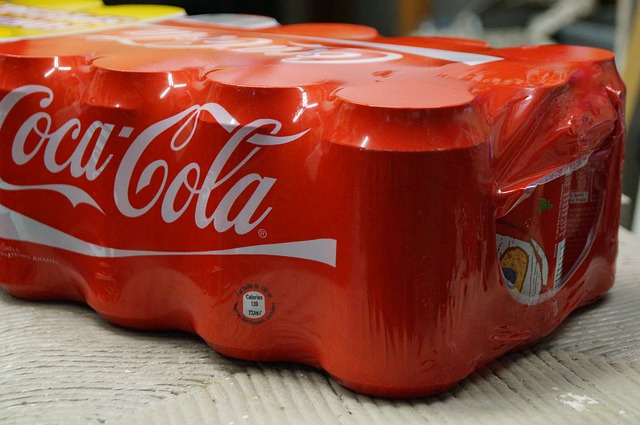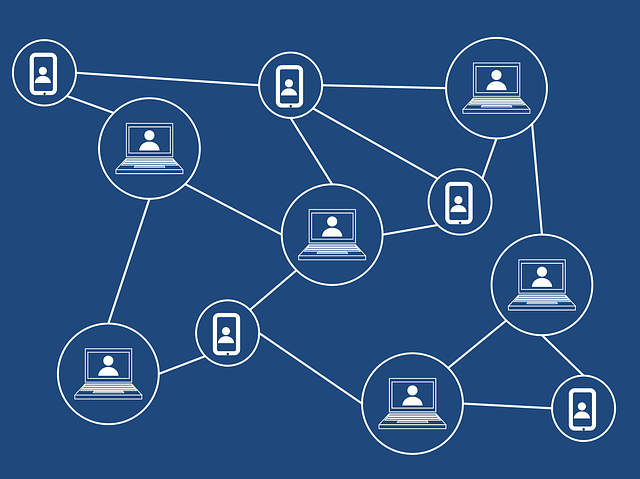
As we already know, the giant Walmart has been using the IBM Hyperledger blockchain for some time. At stake is the optimization of Walmart's supply chain. Indeed, the manufacturing cycle of products is recorded in the blockchain at each new stage on the chain. This allows to obtain an inalterable history of the route of the product. Following suit, Coca Cola bottlers implement blockchain technology to manage multi-part transactions.
The group that manages bottling and delivery of Coca-Cola – Coke One North America, or CONA – seems convinced that they have found a suitable use case with a blockchainised management solution proposed by SAP. Coke One North America – the company that manages the production monitoring of the American giant – uses a blockchain developed by SAP, to improve the production process and better manage its supply chain.
The German software company SAP has developed the blockchain solution aimed at helping the 70 companies of the Coca-Cola franchise to communicate their respective inventories more easily to other partners within the group, but also to be paid more quickly.
"There are a number of business-to-business and multi-stakeholder transactions that are inefficient. They go through intermediaries and they are very slow. We thought we could improve this [with the SAP blockchain], and thus save money", Andrei Semenov, Senior Director of CONA.
The complex logistics network managed by Coke One North America generates more than $21 billion in revenue each year. Thus, before passing the management of this huge supply chain on the SAP blockchain, a pilot program was first conducted with two of the famous sweets bottlers: Coca-Cola United and CC Clark.
Following the success of this pilot project, this blockchain management is now extended to the 70 companies of the franchise. The blockchain solutions offered by SAP take the form of a Blockchain-as-a-Service (Baas), where all the infrastructure is operated as a backdrop for the customer. SAP is a member of the Hyperledger initiative.
"What we have achieved with this blockchainised process is the creation of a continuous flow of documents throughout the entire supply chain... Generally, there are no more all these conflicts [between orders] because the information that has been shared is clear and transparent everywhere", said Torsten Zube, Head of the SAP Innovation Center network.
CONA hopes that by applying blockchain management to all its franchisees, the time required to complete orders – from production to sale and final payment – will increase from 50 days to just a few days. However, it is not said that this progress is being made by actually reducing the number of intermediaries involved. After Walmart testing its supply chain management via the IBM blockchain, here is another giant whose providers are getting into the big bath blockchain.










